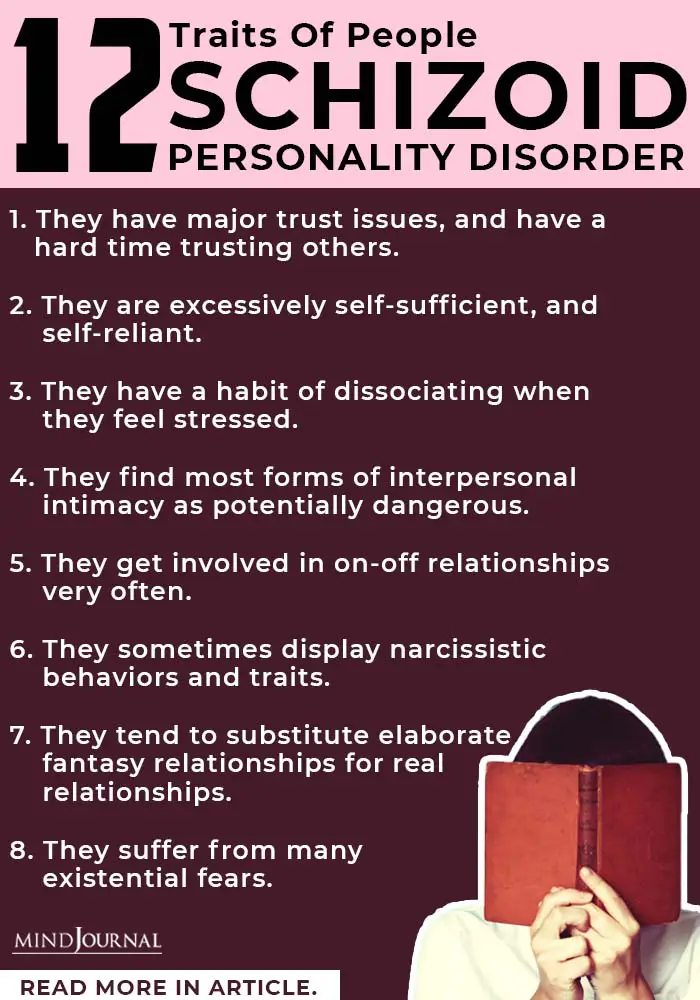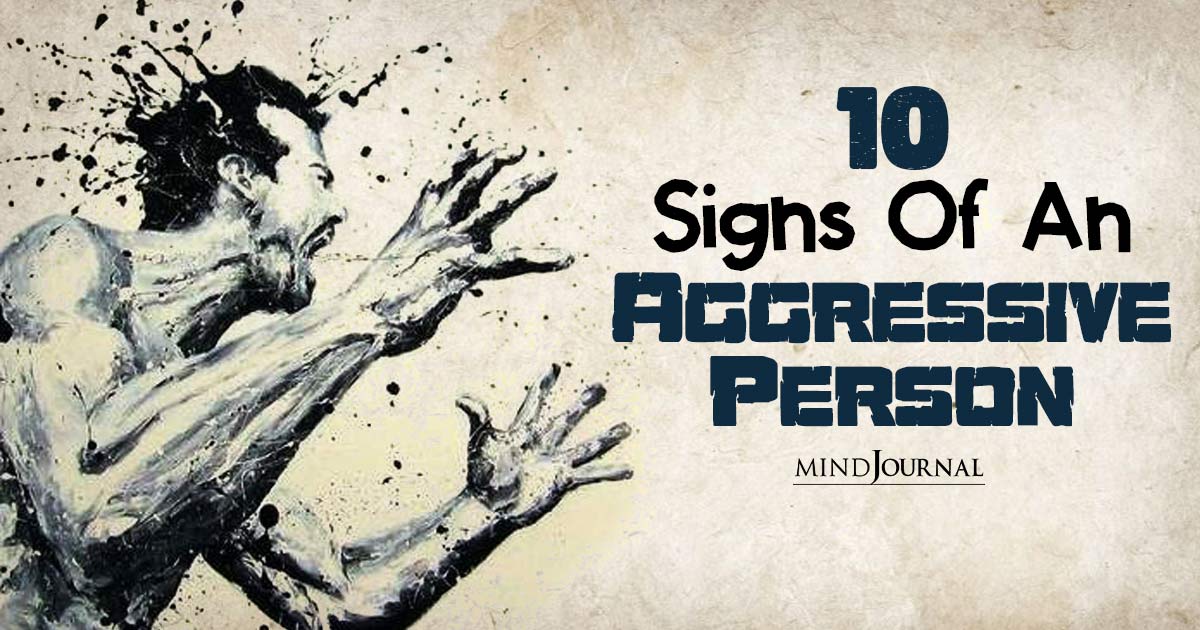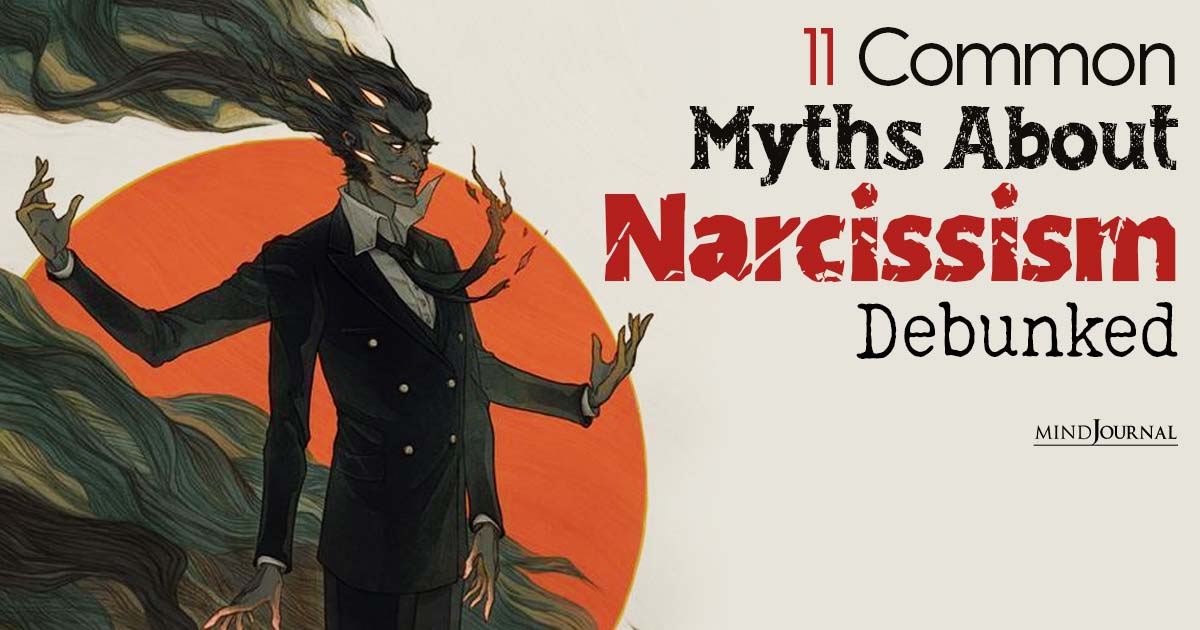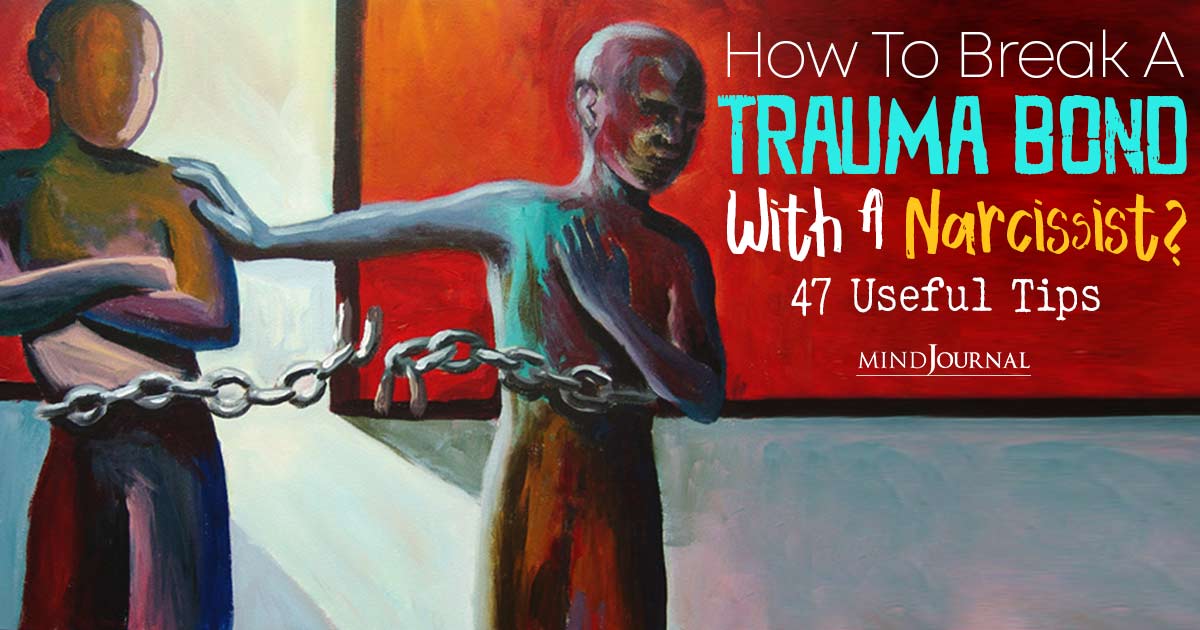Schizoid personality disorder is one of those heartbreaking disorders which not a lot of people know about, sometimes even those who suffer from this. They experience this silently, and constantly wonder why they feel what they feel, and what is it that’s wrong with them.
Written by Elinor Greenberg, Ph.D., CGP.
I think of schizoid personality disorder as a hidden disorder because most people with it are suffering very quietly.
Unless they confide in you that they have this particular set of issues, you are unlikely to notice that anything is amiss. If you notice them at all, you are likely to assume that they are hardworking introverts who are not very interested in getting to know other people. However, their problems are much more serious.
In fact, so few people know about schizoid personality disorder that when I mention it, most people think I am referring to a much more serious disorder, such as schizotypal disorder, schizophrenia, or schizoaffective disorder. Schizophrenia and schizoaffective disorder are both serious psychoses, and people with schizotypal disorder are typically more visibly odd and disturbed than people with schizoid personality disorder.
The confusion comes from the prefix schizo, which is a Latinized version of a Greek word meaning “split.” So, to be clear, a schizoid personality disorder is an entirely separate diagnosis from the others.
Related: Difference Between Borderline Personality Disorder and Narcissistic Personality Disorder
[Note: In this post, I will sometimes use SPD or schizoid as a shorthand way of saying that a particular person qualifies for a diagnosis of schizoid personality disorder. I may also use the term adaptation instead of disorder in order to emphasize that this pattern, like other personality disorders, may have begun as a small child’s creative adaptation to his or her family situation.]
What type of problems do people with schizoid personality have?

1. Lack of basic trust.
Early traumatic childhood experiences with uncaring, neglectful, intrusive, or abusive parents left my schizoid clients with the belief that relying on other people is inherently unsafe. Most report that by age 7, they had realized that the adults around them could not be trusted to take care of them (Klein, 1995). Often, they had an abusive narcissistic or borderline parent who made their childhood a living hell.
2. Excessively self-sufficient.
The schizoid solution to their lack of trust in other people is to try to become as independent and self-reliant as possible. Instead of looking to other people for help or validation, as my borderline and narcissistic clients do, they try to be entirely self-sufficient. They also tend to be very private and rarely share the details of their personal life with many people.
They exemplify the saying, “She keeps herself to herself.” Most of my schizoid clients are good with money and are careful savers. They say that being financially independent gives them a greater sense of security.
3. Dissociation.
When they were abused as children, my schizoid clients were unable to fight back or physically leave. However, they discovered how to dissociate from their body when they were frightened and go somewhere safe in their mind. Unfortunately, by the time they reach adulthood, the habit of dissociating when they feel stressed is so ingrained that they do it automatically—even when they would rather not.
And they cannot easily get out of that dissociated state. They describe the state as a sense of detachment from their body and their life as if they were walking through a black-and-white movie about someone else. Nothing feels emotionally meaningful or real, but they can continue to function in a robotic way as long as necessary.
Related: Structural Dissociation: How Complex Trauma Causes A Split In Our Being
4. Social fears.
Most forms of interpersonal intimacy are experienced as potentially dangerous. This is especially true when the other person has a loud voice or domineering manner or seems unpredictable.

5. Avoidant behaviors.
The basic response that most people with SPD have to their social fears is to physically and emotionally distance themselves as much as possible from other people. At a party, they tend to quietly stand at the edges of the group with a drink in their hand, or they stay close to the nearest exits.
6. Relationship escape hatches.
They also tend to build escape hatches into their intimate relationships. By “escape hatch” I mean an easy way for them to justify periodically leaving the relationship, such as accepting a job that involves frequent travel or starting an affair with a married person who cannot be with them all the time.
The idea of having to be in a relationship with no barriers makes them very anxious. My clients report feeling trapped and claustrophobic when they are expected to be in a close, ongoing relationship—even with someone they claim to love.
7. In and out relationships.
One of the typically schizoid relationship patterns involves going in and out of the same romantic relationship repeatedly (Klein, 1995). Initially, they feel very much in love and try to get the other person to reciprocate their feelings. However, as soon as the other person returns their feelings and there are no longer any real barriers to intimacy, they become scared.
They unconsciously shut down their feelings to protect themselves and find an excuse to back out of the relationship. However, as the time and distance between them and their ex increases, their fear diminishes. They start to feel love and attraction again. This leads them to approach their ex again and try to restart the relationship. Unless they get therapeutic help with their intimacy fears, they will keep replaying this pattern as long as the other person keeps taking them back.
Related: A Guide To Understanding The Fear Of Abandonment And Object Constancy
8. Behavior may appear narcissistic.
Sometimes, people in a romantic relationship with a schizoid person may mistake the above behaviors for narcissistic behavior because they appear superficially similar and feel so hurtful. However, the schizoid’s motive is quite different from the narcissist’s.
Narcissists leave because they have become bored or angry, no longer idealize their partner, and want the validation of someone new. People with schizoid personality disorder leave because they feel trapped and afraid of being controlled (Greenberg, 2016).
9. Elaborate fantasy life.
People who have made schizoid adaptations tend to substitute elaborate fantasy relationships for real relationships. My schizoid clients explain that unlike in real life, in their fantasies they have total control over what happens. That makes fantasy relationships safer.
Some people with SPD create such compelling and elaborate fantasy worlds that they go on to become famous writers.
Related: Peter Pan Syndrome: What It Looks Like and How To Deal
10. Existential fears.
My schizoid clients are the only ones who sometimes become preoccupied with the idea of death and the inherent meaninglessness of life. They may also express the fear that their distancing defenses will lead them to become totally isolated from other human beings, in a void without connection to anybody, and that they will not be able to reconnect.
11. Hides emotional reactions.
This is in sharp contrast to people with borderline or narcissistic personality disorder who may loudly and publicly attack other people when they feel triggered. Most people with schizoid personality disorder quietly try to handle everything themselves. The last thing that they want is to involve anyone else in their problems.

12. Lacks whole object relations and object constancy.
In addition to the above adaptations that are specifically characteristic of SPD, people with SPD also lack whole object relations (WOR) and object constancy (OC), as do people with personality disorders of any kind.
In brief, whole object relations is the capacity to see yourself and other people in a relatively, realistic, stable, and integrated way that simultaneously contains both liked and disliked qualities. Object constancy is the ability to maintain whole object relations when you are angry, hurt, disappointed, or physically distant from the other person. Without WOR and OC, people are either seen as all-good or all-bad. The schizoid version is “safe or unsafe.”
Related: Understanding The Fear Of Abandonment And Object Constancy
Summary
Schizoid personality disorder is believed to begin in early childhood as an adaptation to a major lack of attunement by the child’s caregivers. Instead of feeling safe, understood, and loved, the child experiences some combination of abuse, neglect, and intrusiveness. This leads the child to believe that other people cannot be trusted. As a result, in adulthood people with schizoid personality disorder work very hard to be as independent of other people as possible.
Most people with schizoid adaptations end up living alone because they feel safer when they are by themselves. People with schizoid disorders mostly look like everyone else.
They usually hold jobs, function well at work, and are not obviously disordered in any way—unless you know what to look for. They internalize their suffering and hide it from the rest of the world. When I asked one of my schizoid clients what she would like me to tell people about schizoid personality disorder, she said, “Tell them that they will never guess what we are really feeling from looking at us.”
References:
Klein, R. (1995). The self in exile: A developmental, self, and object relations approach to the schizoid disorder of the self. In J. F Masterson & R. Klein (eds.), Disorders of the Self: New Therapeutic Horizons--The Masterson Approach. NY: Brunner/Mazel, p. 3-142. Greenberg, E. (2016). Borderline, Narcissistic, and Schizoid Disorders: The Pursuit of Love, Admiration, and Safety. NY: Greenbrooke Press, Chapters 3 and 13.
Written by Elinor Greenberg, Ph.D., CGP. Originally appeared on Psychology Today Republished here with permission










Leave a Reply
You must be logged in to post a comment.